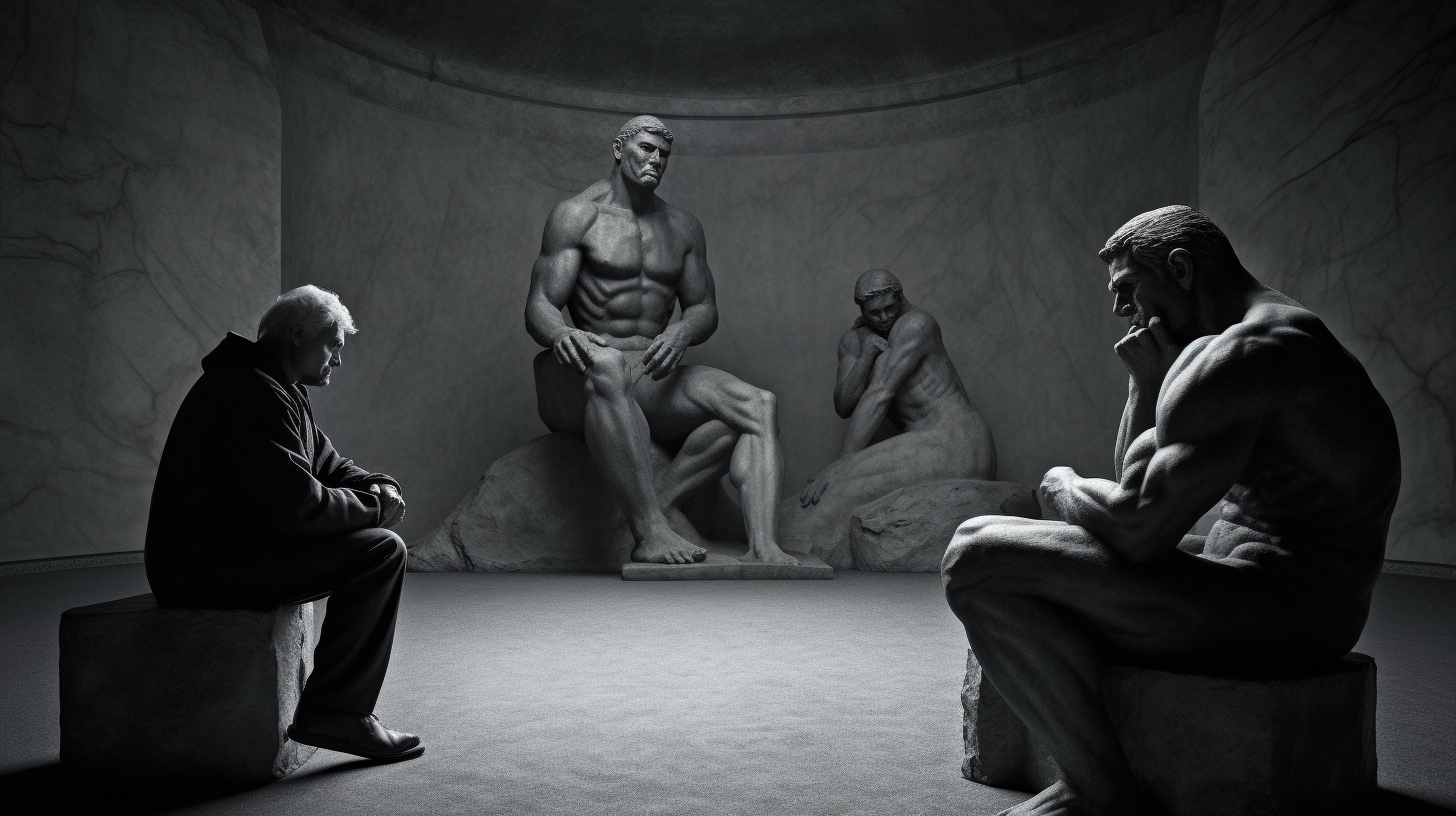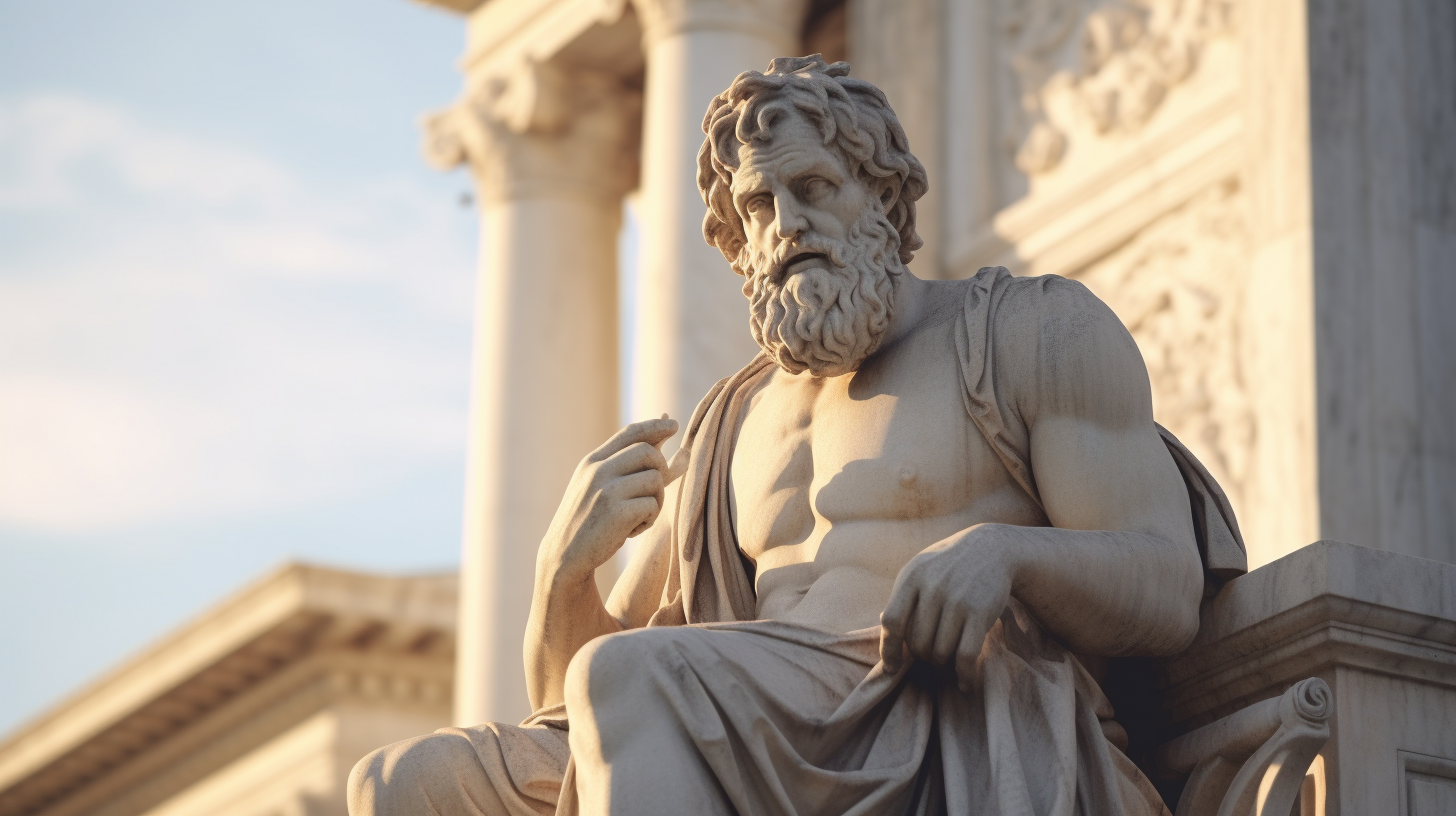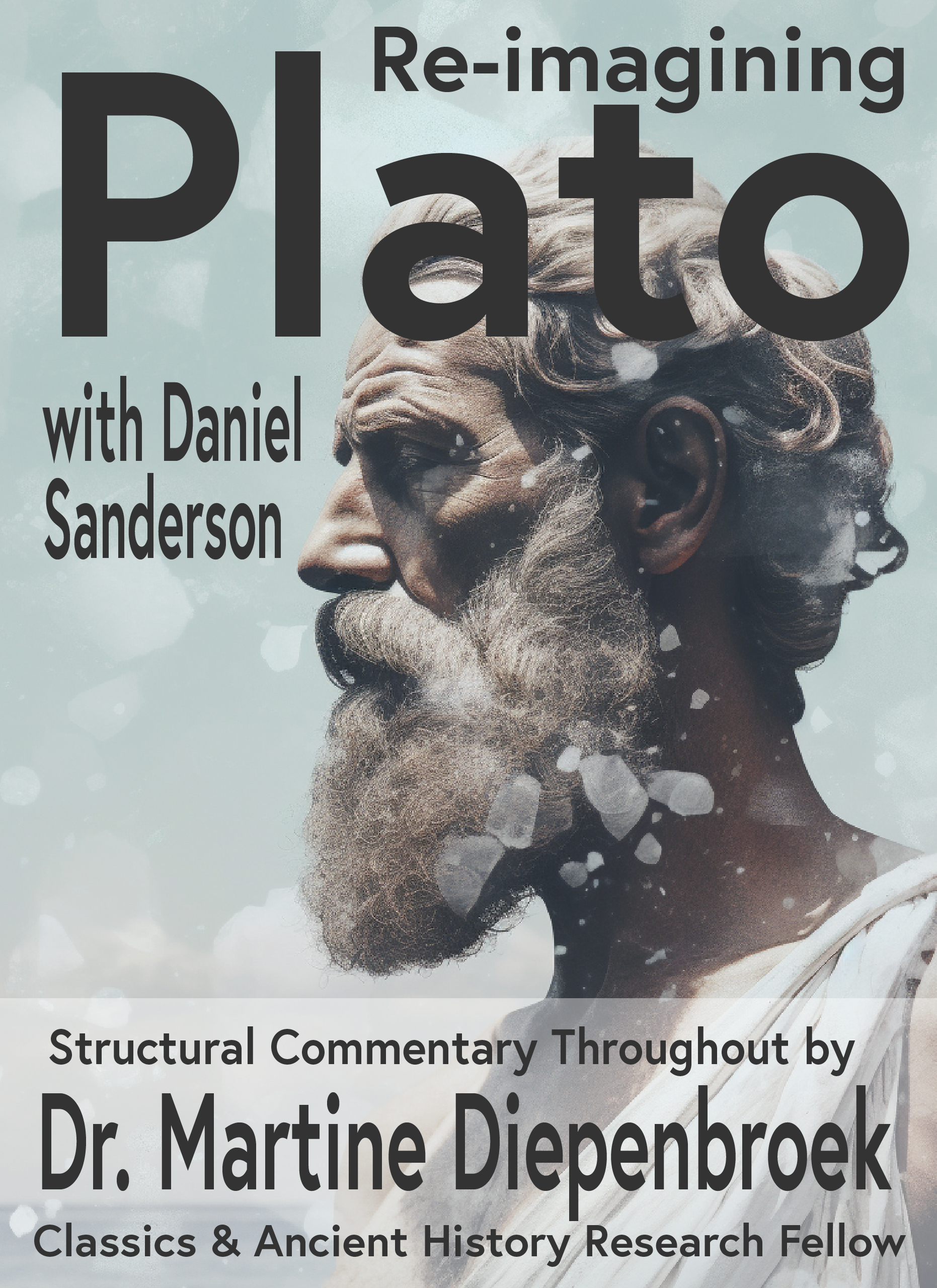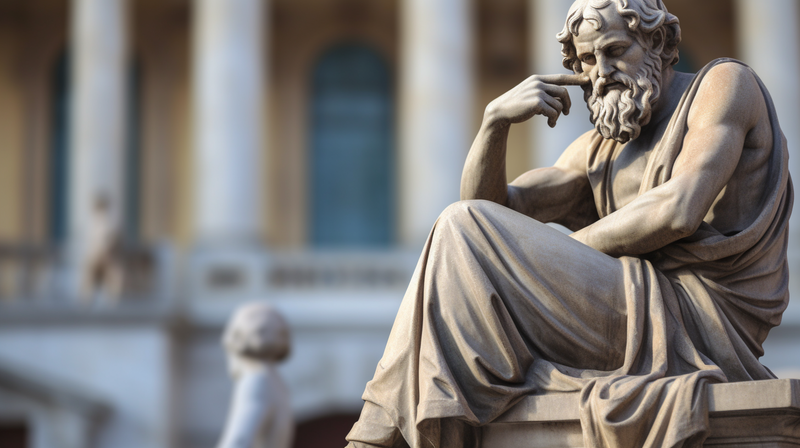The Role of Philosophy in Ethical Decision-Making
Philosophy has long been hailed in ethical decision-making as the venerable discipline that guides our moral compass and illuminates the path to virtuous conduct. Yet, as we critically examine this prevailing belief, we must be prepared to dismantle the ivory tower and dispel the myth of philosophy's exclusive authority over ethical judgments. While philosophy undoubtedly contributes valuable insights, it is not the sole judge of ethical decision-making. By challenging conventional wisdom and delving into historical perspectives, we can unveil the limitations of philosophy and acknowledge the multifaceted nature of moral reasoning.

The Limitations of Philosophical Ethics
Philosophical ethics, often presented as an all-encompassing framework for ethical decision-making, originates in ancient Greece with luminaries such as Socrates, Plato, and Aristotle. However, while philosophy offers various ethical theories and concepts, it frequently falls short of providing concrete answers to the complexities of real-world dilemmas.
One of the fundamental flaws of philosophical ethics lies in its reliance on abstract reasoning divorced from practical considerations. Ethical dilemmas often arise in the messy domain of human affairs, where various factors, emotions, and contextual nuances intermingle. Philosophy, in its pursuit of universal principles and rigid frameworks, tends to overlook the intricacies of these real-life scenarios.
Furthermore, philosophical ethics often suffers from an inherent detachment from empirical evidence and lived experiences. By prioritizing logical deductions and theoretical speculation, philosophers risk divorcing themselves from the rich tapestry of human existence, rendering their ethical theories divorced from the reality they seek to address. Without a solid grounding in empirical observation and an understanding of the complexities of human nature, philosophical ethics can become a mere exercise in intellectual masturbation, disconnected from the tangible realities that ethical decisions aim to impact.
Historical Perspectives on Ethical Decision-Making
To gain a deeper understanding of ethical decision-making, we must delve into history and draw from the wellspring of human experience. In doing so, we unearth many examples where philosophy alone has proved inadequate in guiding moral judgments.
Consider the atrocities committed during the era of colonialism and slavery. The philosophers of their time, entrenched in their ivory towers, often justified and perpetuated these abhorrent practices through distorted ethical frameworks. Yet, it was not philosophy but moral courage, empathy, and a willingness to confront the prevailing wisdom that ultimately catalyzed the abolitionist movement and fought against the perpetuation of human suffering.
Similarly, the Nuremberg Trials following World War II exposed the inadequacy of philosophical abstractions in the face of heinous crimes against humanity. The defendants, some well-versed in philosophy, argued that they were merely following orders and adhering to the legal frameworks of their time. However, the prosecutors understood that moral responsibility transcends legalities and that accurate, ethical decision-making demands a rejection of blind adherence to authority in favour of a higher moral standard.

The Role of Other Disciplines
Acknowledging the limitations of philosophy in ethical decision-making necessitates recognizing the contributions of other disciplines. Psychology, for instance, offers valuable insights into human behaviour, biases, and the factors that shape our moral judgments. Likewise, neurobiology unravels the intricate workings of our brains, shedding light on the biological underpinnings of moral cognition. Finally, sociology explores the dynamics of communities and cultures, illuminating how ethical norms are shaped, transmitted, and contested.
Moreover, history provides a treasure trove of case studies that inform our understanding of moral dilemmas and ethical decision-making. By studying the triumphs and failures of the past, we can glean valuable lessons that philosophy alone cannot offer.
choice's
Ultimately, ethical decision-making is a fundamental human endeavour. It requires empathy, compassion, and an acute awareness of our choices' impact on others. Moreover, it demands an appreciation of the complexities of human nature, the inherent flaws in our cognitive processes, and the biases that shape our moral intuitions.
While philosophy may provide a conceptual framework and stimulate critical thinking, it cannot supplant the necessity of human engagement and collective dialogue. Ethical decision-making necessitates engaging with the diverse perspectives of those affected by our choices and the collaborative pursuit of shared values and principles.

Conclusion
In deconstructing the prevailing notion of philosophy's monopoly on ethical decision-making, we uncover the limitations inherent in philosophical ethics. While philosophy offers valuable insights and abstract frameworks, it often falls short when confronted with the intricacies of real-world ethical dilemmas. By embracing a multidisciplinary approach, drawing from historical perspectives, and recognizing the significance of human engagement, we can forge a more robust and comprehensive understanding of ethical decision-making.
Let us not confine ourselves to the narrow confines of philosophical ivory towers. Instead, let us embark on a journey of intellectual exploration, incorporating knowledge and wisdom from various disciplines. By embracing this inclusive and multidimensional approach, we can strive toward more informed, nuanced, and ethically responsible decision-making.

Plato Re-Imagined
This course includes 32 lectures covering most of Plato's dialogues and allowing the student to return to something divine. Divinity should resonate with secular and religious leaders alike. I present a compatible approach in my lecture on Consilience.
Also included with this course is a free book. If you pay for the course, you will get a physical copy of the book for free, mailed to your chosen address — anywhere on the planet!






